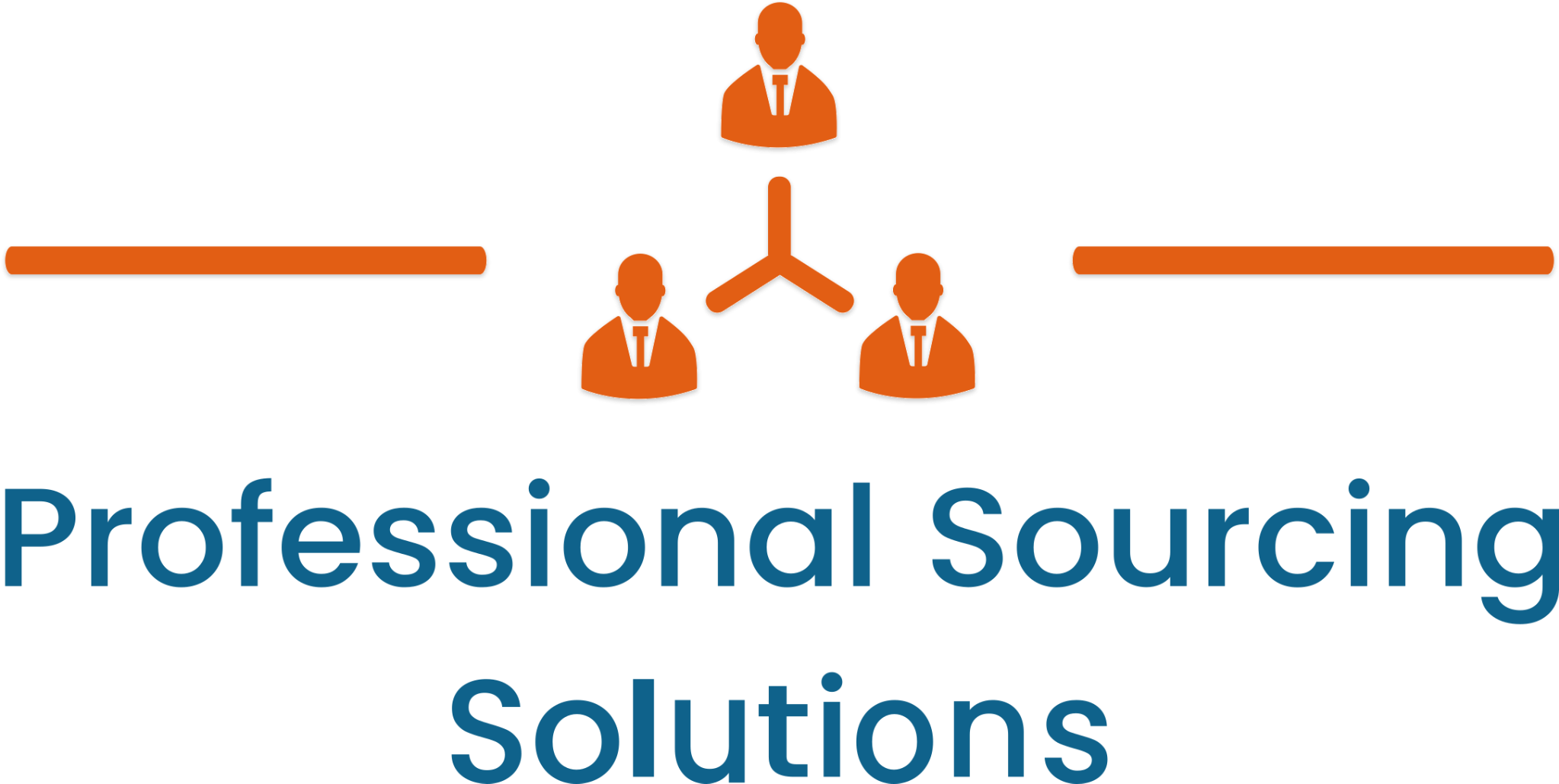
In today’s dynamic retail landscape, with various societal and economic changes, retail employees are facing an array of challenges that can impact their mental well-being. As leaders, it’s imperative to address these issues by creating a supportive environment for your team members. The mental health experiences of your employees may differ significantly due to factors such as race, economic opportunities, citizenship status, job type, parenting responsibilities, and more. In this article, we’ll explore strategies and advice for managers and organizational leaders to support the mental health of retail employees effectively during these demanding times.
What Can Managers Do?
Even amid uncertainty, the fundamental role of a manager remains constant – to support your team. This includes actively supporting their mental health. Being transparent about your own mental health struggles can set the stage for open dialogues with your employees. In a world where remote work has made our personal lives more visible, sharing your challenges makes you appear relatable and compassionate, fostering trust and employee engagement.
Model healthy behaviors by demonstrating that you prioritize self-care and set boundaries. Too often, managers are so focused on their team’s well-being that they neglect their own. Encourage your team to do the same.
Creating a culture of connection through regular check-ins is now more crucial than ever. With a significant portion of the workforce operating remotely, it can be challenging to spot signs of distress. A simple “How are you?” is a good start, but go beyond that by asking specific questions and actively listening. Offer flexibility and inclusivity, as needs will continue to evolve.
Normalize the new flexibility in your organization by sharing how you’ve changed your own work habits. Encourage your team members to be patient and understanding with each other.
Effective communication is key, and keeping your team informed about any changes, including work hours and expectations, is essential. Make your team aware of available mental health resources and actively promote their use.
What Else Can Organizational Leaders Do?
Leaders must take action as well to create a workplace culture that promotes mental health. Invest in proactive and preventive workplace mental health training for all levels of your organization, from leaders to individual contributors. Training can debunk myths, reduce stigma, and equip employees with the skills needed to have productive conversations about mental health.
Modify policies and practices to be as flexible as possible in response to the ongoing challenges, including work hours, paid time off, and communication norms. Reframe performance reviews as opportunities for compassionate feedback and learning.
Conduct pulse surveys regularly to understand how people are coping. By directly involving employees in shaping new programs and policies, you can better address their needs.
Preventing Risk to Mental Health in Retail Workplaces
Retailers can implement various tools and tactics to prevent risks to workers’ mental well-being. These include clear policies and procedures to reduce risk, investments in technology for de-escalation, and robust training programs for employees in stressful roles.
Protecting and Promoting Mental Health at Work
Strengthening managers’ capabilities is key to protecting and promoting mental health at work. Ensure that managers are trained to have sensitive discussions, spot early warning signs of mental health issues, and provide appropriate support.
Creating Planned Post-Incident Responses to Protect Mental Health
Traumatic events can have a profound impact on mental health. Retailers can train managers to monitor employees for symptoms of distress, provide access to counseling, and offer clinical support when needed.
Providing Retail Employee Mental Health Support
Empowering workers to support each other, reducing stigma, and raising awareness around stress and mental health are vital for creating a supportive workplace. Training employees in stress and mental health awareness, and designating Mental Health First Aiders, can make a significant difference.
Open dialogue around stress and mental health, coupled with genuine care for employees’ well-being, is the first line of defense against presenteeism (the lost productivity that occurs when employees are not fully functioning), reducing costs and promoting a thriving work environment. By prioritizing mental health in the retail sector, organizations can protect their employees, enhance their brand, and ensure long-term success.
In conclusion, prioritizing the mental well-being of retail employees is not just a moral imperative, but a strategic advantage. By implementing the strategies outlined above, retailers can foster a more resilient, productive, and loyal workforce, ensuring a brighter future for both employees and the retail industry as a whole. Together, we can build a retail sector where mental health is valued and supported, and where every employee can thrive.
Professional Sourcing Solutions is a staffing agency based in Ontario, Canada that specializes in retail staffing. Book a free consultation to learn more about how we can help you with your staffing needs.
